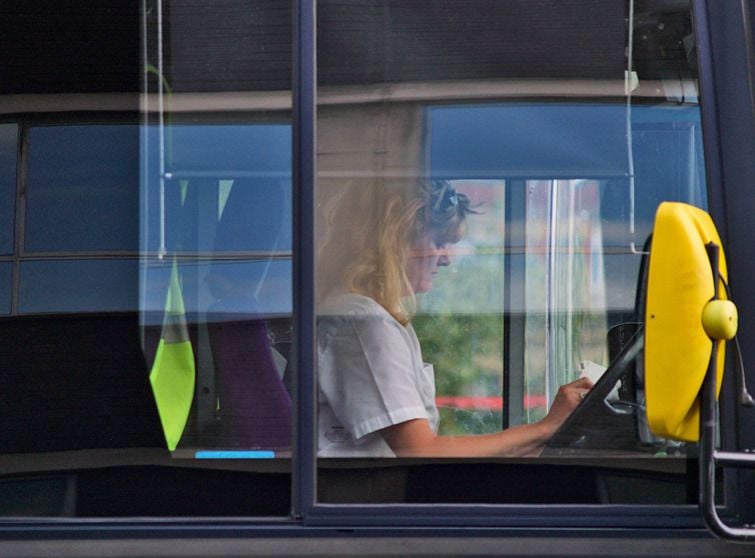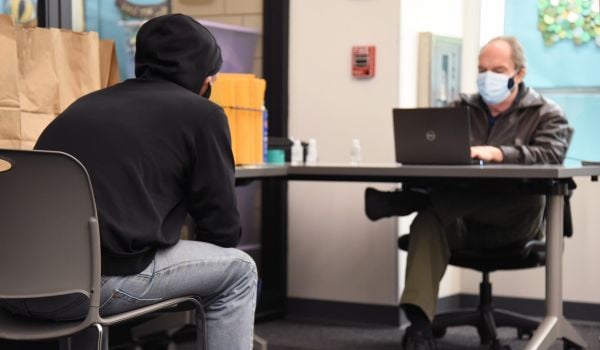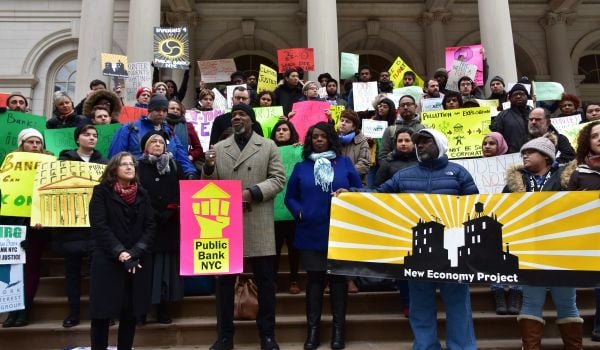In a nation that is struggling to counter a frustratingly high unemployment rate, any intervention that would increase job numbers at no cost to the American taxpayer would be quickly welcomed by policymakers, right?
Perhaps not. A new study by Todd Swanstrom, Will Winter, and Laura Wiedlocher of the University of Missouri-St. Louis suggests that the U.S. government could produce 180,000 extra jobs in several metropolitan areas by simply shifting spending away from highways and towards transit.
The report, “More Transit = More Jobs: The impact of increasing funding for public transit,” was sponsored by the Transportation Equity Network (TEN), a national group working to improve the mobility of some of the nation’s least well-off households.
Taking advantage of data that demonstrate that transit produces roughly 20% more jobs per dollar invested, the researchers show how the decisions made by just twenty metropolitan areas could affect the nation’s job prospects.
If the regions “Shifted 50 percent of their highway funds to transit, they would generate 1,123,674 new transit jobs over a five-year period.” the study reports. That’s “A net gain of 180,150 jobs over five years — without a single dollar of new spending.” In other words, if the federal government wants to find ways to increase employment, transit is a better place to look than roads.
While some regions, like those including and surrounding New York City, Honolulu, and Portland, spend a majority of their overall transportation funds on public transportation, others spend very little. The St. Louis metropolitan area, for instance, devotes just 15% of its overall transportation dollars to transit. According to TEN, that may reduce the ability of that city to generate jobs. One obvious answer would be spending less on roads and correspondingly more on transit.
The study does note that investing in transit operations produces far more jobs per every $1 billion invested than investing in transit capital projects — 41,140 jobs compared to 23,788. That means that in terms of creating employment, the most direct benefits come from doing things like hiring bus and train drivers. Thus transit agencies should not, for instance, reduce transit services in favor of new construction on rail lines or busways. Presumably both are necessary, but at least in terms of jobs, the first is far more effective.
In the immediate term, a focus on increased transit operations is a good idea with a lot of benefits. For people suffering in this bad economy, increasing mobility through better daily bus service is certainly something to work for, since the ability to pay for driving shouldn’t be taken as a given.
TEN hopes to use the study to encourage politicians to redirect transportation dollars in favor of transit funding and away from highways. This week, the organization is holding rallies in fourteen cities to promote the idea. We’ll find out soon if anyone is listening.

Yonah Freemark is a senior research associate in the Metropolitan Housing and Communities Policy Center at the Urban Institute, where he is the research director of the Land Use Lab at Urban. His research focuses on the intersection of land use, affordable housing, transportation, and governance.
















